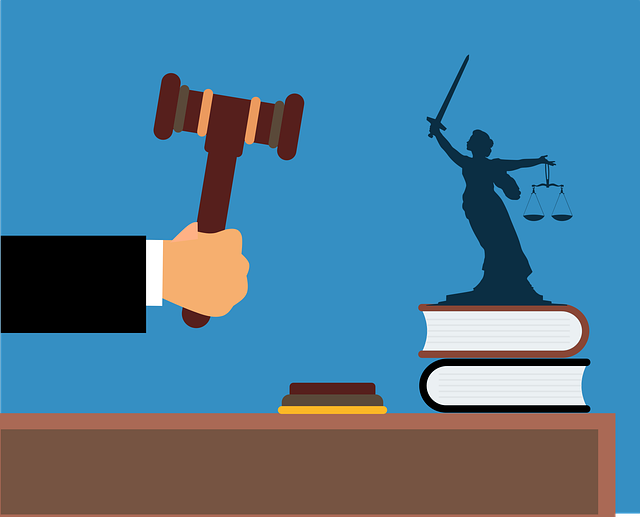Understanding common legal defense mistakes is crucial for successful navigation of Oregon's complex legal system. Defendants should avoid underestimating prosecution evidence, inadequately preparing cases, or making strategic blunders. Effective communication between defendants and attorneys is key to preventing missed opportunities, ensuring all relevant details are considered, and optimizing defenses within Oregon's legal framework. Open dialogue prevents severe mistakes, strengthens cases, fosters efficiency, and promotes a just legal process.
In Oregon, navigating complex criminal proceedings can be challenging, and one misstep can significantly impact case outcomes. This article delves into understanding and preventing typical legal defense mistakes, focusing on strategic blunders and communication lapses that often prove detrimental. By exploring these common pitfalls, attorneys and clients alike can enhance their approach to Oregon’s defense cases, ensuring a more robust and successful representation. Key areas of focus include recognizing missteps during criminal proceedings and the vital role of effective communication in shaping case outcomes.
- Understanding Common Legal Defense Mistakes in Oregon
- Avoiding Strategic Blunders During Criminal Proceedings
- The Impact of Ineffective Communication on Case Outcomes
Understanding Common Legal Defense Mistakes in Oregon

Understanding common legal defense mistakes is crucial for anyone navigating Oregon’s complex legal landscape. Many defendants make critical errors that weaken their cases, often leading to harsher sentences. One frequent mistake is underestimating the strength of prosecution evidence. In Oregon, the burden of proof lies with the state, but defendants sometimes fail to mount a robust defense by questioning witnesses effectively or presenting mitigating evidence. This can result in convictions despite reasonable doubt.
Another common pitfall involves insufficient case preparation. Legal teams must thoroughly review all available information, including police reports and witness statements, to identify potential weaknesses in the prosecution’s case. Inadequate case preparation can lead to missed opportunities for a successful defense. Defendants also sometimes inadvertently strengthen the prosecution’s case through poorly chosen words or actions, underscoring the need for strategic communication and behavior throughout legal proceedings.
Avoiding Strategic Blunders During Criminal Proceedings

Avoiding strategic blunders is paramount for any effective legal defense in Oregon. During criminal proceedings, defendants and their attorneys must navigate complex rules and procedures, making astute decisions at every turn. One common mistake is failing to thoroughly investigate and develop a robust defense strategy early on. This can lead to missed opportunities to challenge evidence, weaken the prosecution’s case, or uncover exculpatory information. A well-prepared defense often involves meticulous attention to detail, from reviewing police reports and witness statements to consulting experts in relevant fields.
Additionally, inadequate communication between the defendant and their legal team can result in strategic miscalculations. Open and honest dialogue ensures that crucial details are not overlooked or misconstrued. Defendants should actively participate in discussions about their case, providing all relevant information. This collaborative approach allows attorneys to tailor their strategies, ensuring every angle is explored and potential legal defenses are maximized within the confines of Oregon’s legal framework.
The Impact of Ineffective Communication on Case Outcomes

In the high-stakes world of Oregon defense cases, effective communication is paramount. Ineffective communication can lead to critical errors that impact case outcomes significantly. When attorneys, clients, and witnesses fail to convey information clearly and promptly, misunderstandings arise, crucial evidence is overlooked, and strategic decisions become misinformed. This can result in weakened defenses, missed opportunities for mitigation, and ultimately, unfavorable verdicts.
Moreover, the ripple effects of poor communication extend beyond individual cases. It hampers collaboration among legal teams, delays court proceedings, and fosters an environment where trust erodes between clients and their representatives. By contrast, open, transparent, and timely communication bolsters defenses, ensuring that all relevant facts are considered and strategies tailored accordingly. This proactive approach not only enhances the likelihood of favorable outcomes but also fosters a more efficient and just legal process.














